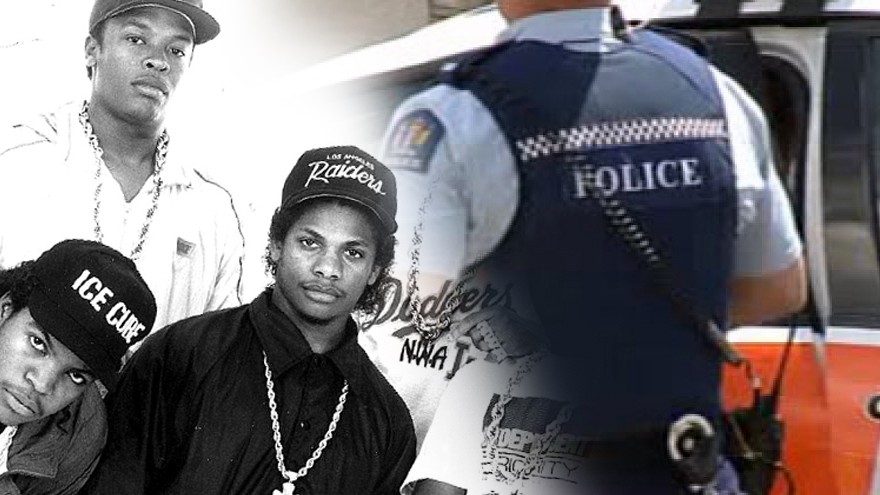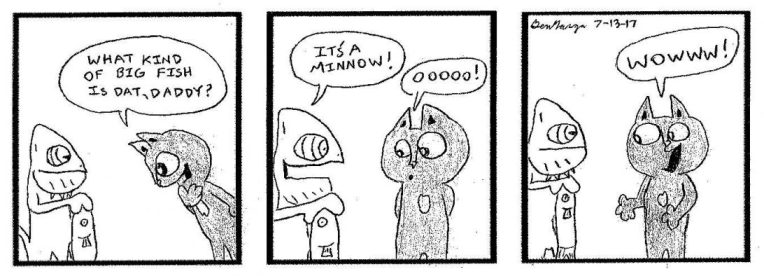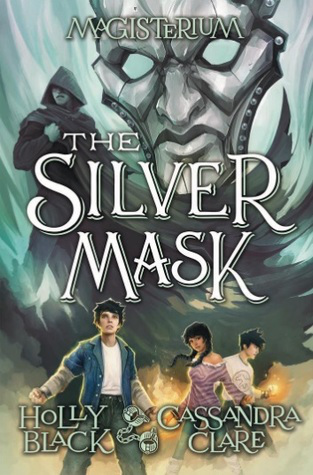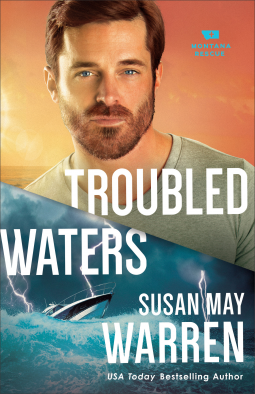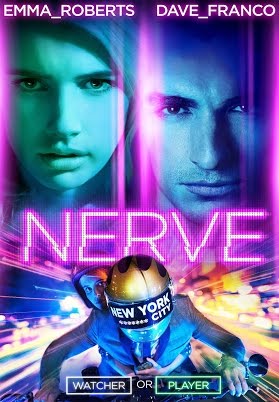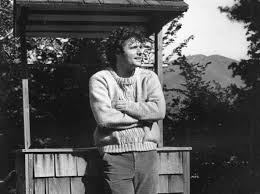 ‘All these weirdos, and me getting a little better every day right in the midst of them. I had never known, never even imagined for a heartbeat, that there might be a place for people like us.’
‘All these weirdos, and me getting a little better every day right in the midst of them. I had never known, never even imagined for a heartbeat, that there might be a place for people like us.’
It takes me a long time to get around to this kind of thing at the moment. Sometimes it feels that I’m not only treading over old ground, but digging deep into it. Something always comes along, though, a books, an incident, a memory, and I get dragged back again. This time, I wanted to write something about Denis Johnson.
I remember exactly where I was when I first read the opening to Jesus’ Son. I worked shifts at the time, at a wine shop in West London. That day I’d woken earlier than normal, and on my journey from Brixton, I stopped off at Oxford Street. Rather than proceed with my usual journey, changing onto the Bakerloo line and heading for Maida Vale, I decide to go above ground, to go shopping for something to read. The fact that a bookshop even existed on Oxford Street seems remarkable now. It was a vision from the credit bubble: a prime piece of real estate decked out with stripped pine, baristas and jazz, with the collection spread over four storeys. I don’t know if I searched the book out, or whether it found me. Sometimes, your choice of book seems automatic, it’s like you’ve rewound time. Boom, the book is in your hands, and it was only ever there. I opened the first page, and had to own it when I reached the first ellipse.
The early afternoon in the wine shop were dull and slow, spent filling the shelves with stock, or trolleying wine boxes out to deliveries in the local areas. Once, Martin Amis dropped by in his Mercedes sports car, and bought every bottle of a budget vintage champagne. I remember carrying the boxes out to his car, while he cleared out the boot of tennis equipment. As a lesson in literary achievement, it set the pattern of my life. Mostly, I’d wait for the evening, when the residents in the mansion blocks would return home, and stop by to pick up their evening wine. The playful sophistication of Maida Vale contrasted with my life in Brixton, and for a while I took advantage of the time. I have fond memories of reading in that shop. I read Ballard’s short stories, Chester Himes, Anthony Frewin, James Sallis, the Psychotropedia. In retrospect, it was a nice little gig, although I would eventually spend my time feeling impatient and bored. That day, I got there early, and sat in a café around the corner, smoking a cigarette and drinking coffee, devouring that small, strange little book almost in one sitting. Broken, elliptical, luminous, humane, those stories jangled in my head like a scattered kind of poetry. I took the book with me to work, and spent the rest of the night reading it and re-reading throughout the hours of my shift.
I’d heard about Angels when I first moved to London, Again, I have a perfect memory of when I first heard about it. I was sleeping on a friend’s floor at the time, and someone left out a magazine which I flicked through one morning. The novel was referred to in passing, described as a cross between James M. Cain and William Blake. My first thought: ‘This is a book I have to read.’ My second: ‘This is the kind of book I want to write.’ Angels was out of print at the time, although, I eventually got hold of a copy online: the hardback edition, with its illustration of a Greyhound bus and Johnson wincing from the light in a back jacket photo. The novel was everything I wanted it to be. Johnson treated minor places – small towns, bus stations, back street bars— with a kind of holy, drugged reverence. His realism was as dirty as that of Raymond Carver, but it offered an ecstasy and vision far beyond it. Needless to say, this affected me very deeply, and Angels is probably the single biggest influence on my own tale of small towns and drug misfortunes.
You don’t need to read to be a completist to realise that Johnson was also a poet. . It’s there in his style: the lean prose peppered with firecracker images. Many poets write novels, but it’s rare for their novels to engage the form in terms of structure. In this, Johnson’s novels benefit from his play with genre. Tree of Smoke (war), Nobody Move (detective), Angels (crime), Already Dead (gothic), Fiskadoro (western): you can read his whole body of work as an exercise in genre as much as style. I think this is what I took from his writing most of all, why it became so influential to me and why, even now, I look to him as a kind of avatar. His approach to the novel aligned genre and poetry in a demotic field. It resulted in work which was hard and beautiful, bleak and glimmering: an engine of prose as essential as any poem.
Advertisements Share this:- Share
